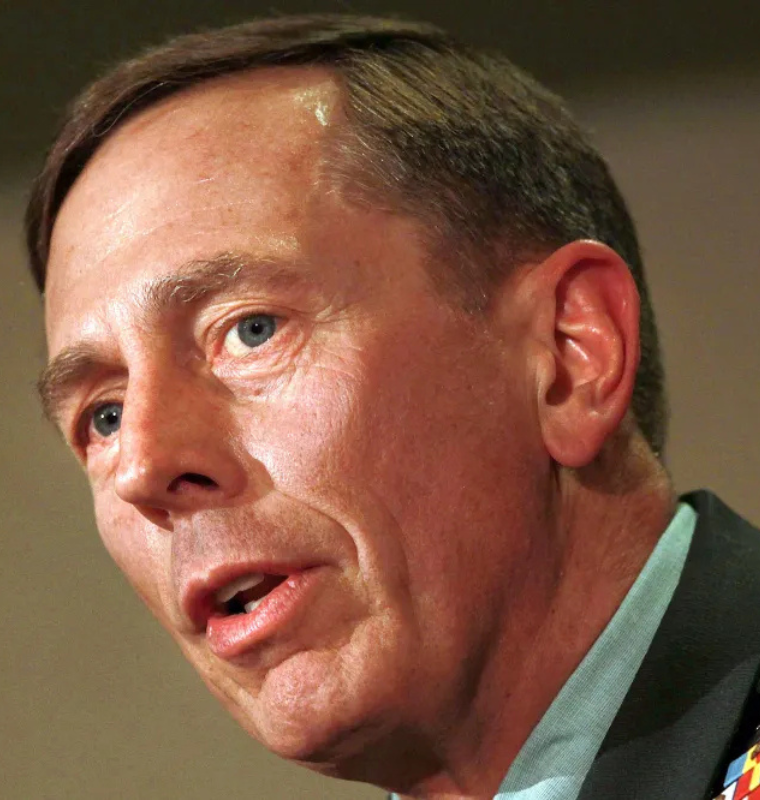China Shakes Up Trade Team: Li Chenggang Replaces Wang Shouwen Amid Intensifying U.S. Tensions
China Shakes Up Trade Team: Li Chenggang Replaces Wang Shouwen Amid Intensifying U.S. Tensions
By
Junia Wells
Last updated:
April 16, 2025
First Published:
August 3, 2025

Source: China Daily
China Appoints New Top Trade Negotiator Amid U.S. Tariff Escalation
China has made a significant strategic shift in its trade leadership by appointing Li Chenggang, a seasoned commerce veteran, as its new vice minister of commerce and chief international trade negotiator, replacing the experienced Wang Shouwen. This move comes at a time when U.S.-China trade talks remain stalled and tariff tensions are escalating to levels not seen since the 2018-2019 trade war.
A Shift at a Critical Time
Li Chenggang, 58, brings more than a decade of experience in global trade diplomacy. He has previously represented China at the World Trade Organization (WTO) and played key roles in the Ministry of Commerce (MOFCOM) since 2010. His appointment was made official on Wednesday through a statement by China’s State Council.
His predecessor, Wang Shouwen, was instrumental in negotiating with the U.S. during former President Donald Trump’s administration and was deeply involved in crafting the Phase-One trade deal in 2020. However, analysts suggest Beijing may now be seeking a change in approach amid rising hostilities.
“Li has the right experience to step in during this volatile period,” said Alfredo Montufar-Helu, head of The Conference Board’s China Center. “The leadership likely hopes he can help ease tensions or at least reframe the narrative.”
No Signs of Rebooted Talks
Despite the reshuffle, neither Beijing nor Washington has signaled any immediate plans to resume high-level negotiations. In fact, trade relations have deteriorated further since President Trump’s return to office in January 2025.
- 145% cumulative tariffs have been slapped on Chinese imports by the U.S., including a recent 20% levy allegedly linked to Beijing’s role in the fentanyl trade.
- In retaliation, China announced tariff hikes up to 125% on a wide range of American products last Friday.
“We’re seeing a new phase of economic brinkmanship,” noted Kenneth Jarrett, senior advisor at Albright Stonebridge Group. “The replacement of Wang with Li is likely more about aligning with the political shift than softening China’s stance.”
Xi’s Push to Stabilize the Economy
Li’s appointment also aligns with President Xi Jinping’s broader efforts to reassure foreign investors and stabilize private sector confidence. Just weeks ago, Li was spotted in closed-door meetings with key entrepreneurs in Beijing, part of a larger campaign following Xi’s public endorsement of private enterprise in February.
This move comes alongside a broader reshuffling of top bureaucrats:
- Chen Xiaodong has been named head of China’s foreign aid agency.
- Wang Zhizhong now leads the National Immigration Administration.
Washington Responds
U.S. officials have responded with firm rhetoric. White House press secretary Karoline Leavitt emphasized that the “ball is in China’s court”, making it clear the U.S. expects China to make the first move toward renewed negotiations.
“President Trump is open to a deal, but we’re not the ones chasing it,” Leavitt told reporters. “China needs to act responsibly.”
Analysts: Trade Freeze Could Hurt Both Economies
Trade analysts warn that the mutual tariff escalation could drive U.S.-China goods trade to a near standstill. According to Oxford Economics, the current tit-for-tat could shave off up to 1.3% of China’s GDP and 0.7% of U.S. GDP if sustained over the next 12 months.
“The global supply chain disruption, compounded by these tariffs, could push inflation higher and hurt global growth,” said trade economist Mei Zhang from Peking University.
Beijing’s decision to replace its top trade negotiator reflects not only a changing of the guard but a recalibration of strategy amid one of the tensest periods in U.S.-China economic relations. Whether Li Chenggang can thaw the frosty dialogue remains to be seen—but what’s clear is that the world’s two largest economies are drifting further apart in both policy and tone.
Popular articles
Subscribe to unlock premium content
The Rise of Ultra-Luxury Wilderness Retreats in Siberia for High-Net-Worth Investors

Remote Himalayan Villages Transforming Ancient Traditions into Lucrative Wellness Ventures

The New Frontier of Investment in African Artisan Mining Communities

The Rise of Ultra-Luxury Wilderness Retreats in Siberia for High-Net-Worth Investors

Remote Himalayan Villages Transforming Ancient Traditions into Lucrative Wellness Ventures

The Rise of Ultra-Luxury Wilderness Retreats in Siberia for High-Net-Worth Investors









